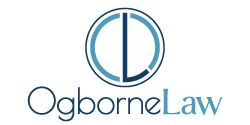The Stages of Divorce Mediation
What does a mediation really resemble? Below explains of the stages of mediation. A lot of mediations undergo a sequence of 5 stages—not exactly in this order, and many of them could be reiterated at different points throughout mediation. Your mediation could be different, but the following are the fundamentals of each of the stages.…
















